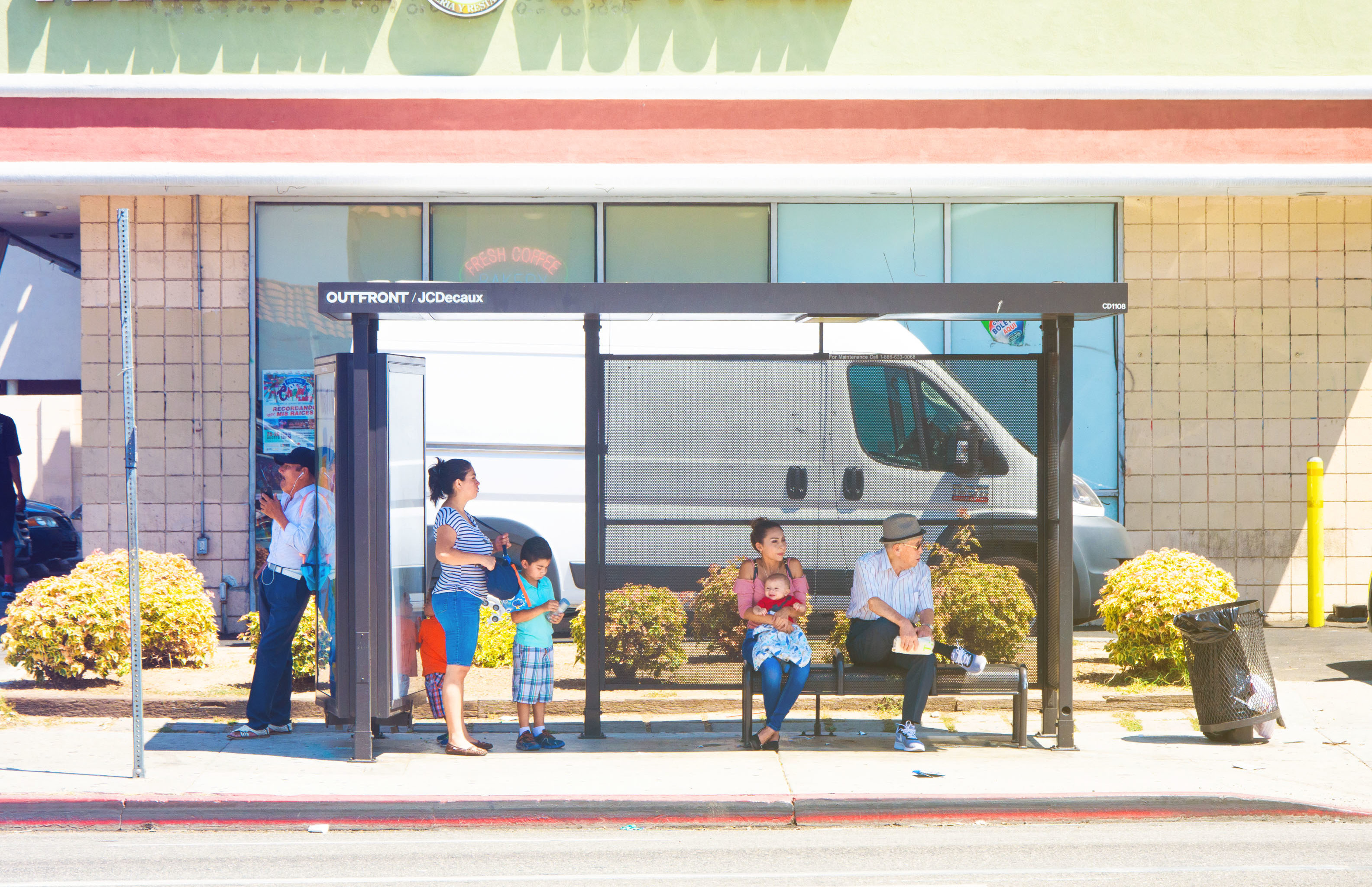
RVA Advocacy Leadership Development
RVA Rapid Transit granted $10,000 to support our joint campaign with The Partnership for Smarter Growth (PSG) for a regional transit system in Metro Richmond.
Greater Greater Washington Professional Development
With support from TransitCenter, we will take advantage of professional development (PD) opportunities to better train our staff and volunteers in key skills that will magnify the impact of their existing work. GGWash was granted $10,000 to provide PD opportunities to staff and volunteers to help us reach more members of the public, elected officials and transportation leaders and mobilize them to take action on issues and policies that will improve transit options for residents across the Washington DC region.
High Impact Journalism
Through reporting and media, shape Denver’s plans to overhaul its transit system in a way that advances accessile, high-frequency transit that gets people to work, school, and daily needs.
What Riders Want Transit Dashboard
Our proposed project is to create an online dashboard highlighting metrics that riders care about. Drawing on our own experience and research (such as our Culture of Transit market report and Rate Your Ride engagement tool), as well as national expertise (such as TransitCenter’s Transit Ridership Recipe and Who’s On Board 2016), we intend to focus on five key metrics: access to jobs, reliability, frequency, speed and walkability.
Advocacy for bus network improvements
Sustain Charlotte requests $20,000 to advocate for, and educate the public about the benefits of CATS CEO John Lewis’s stated goal of redesigning the bus network to more effectively and efficiently serve riders.
Investing in Place is requesting a $5,000 Dispatch Grant to fund activities and materials supporting our mobility advocacy summit - The Tripping Point 2.
Investing in Place believes that transit is only as good as the access that individuals have to it. For that reason, Investing in Place is seeking to direct local transportation dollars in the city of Los Angeles to repairing broken and buckled sidewalks, installing new painted crosswalks and bus shelters, and addressing the lack of shade trees along the city’s streets. The present state of the city’s pedestrian environment is a barrier to walking and biking, and it also inhibits mobility for differently-abled individuals. Addressing these conditions will improve the transit riding experience by improving access to local bus and rail transit and increasing the ability of the differently-abled to make use of fixed-route transit service.
L-train shutdown coalition building
The Regional Plan Association was granted $20,000 for advocacy work around the closure of the L-train, set to happen in 2019. The NYC subway line, which serves 225,000 every weekday between Manhattan and Brooklyn, needs to be closed in order for repairs to the tunnels under the East River, damaged by Superstorm Sandy. The MTA has decided it will fully close the line between Bedford Avenue in Brooklyn and 8th Avenue in Manhattan for a period of 18-months to undertake these repairs. The closure is a crisis and will be very difficult on L-train riders, but it provides a rare opportunity for transit advocates to win reforms that they have been seeking for decades. These includes ambitious bus rapid transit and street configuration/traffic calming projects.
L-Train Organizing
Transportation Alternatives (TransAlt) was granted a $20,000 Dispatch Grant to spring into action in response to the unexpected L train shutdown, which will close the Canarsie tunnel connecting Manhattan and Brooklyn completely for one and a half years or partially for three years starting in 2019. Although the physical shutdown looms a few years away, it is imperative that TransAlt start mobilizing its grassroots networks in Lower Manhattan and North Brooklyn now. It will take a multi-year effort to organize citizens, coalition partners and elected officials to advocate for innovative transit solutions that will not only help mitigate the short-term L train crisis but also seize a rare opportunity to significantly influence the future trajectory of transportation in two critical New York City regions.
New Jersey Transit Bus Reform
We have a moment right now to make real progress on bus reform. Not only is NJ Transit at a moment of transition, but the state and how its residents commute is also rapidly changing, becoming more urbanized and more focused on transit needs. But the only way we’ll get commuters to abandon their personal vehicles is to reform bus operations not only between New Jersey and New York, but within commuter hubs in New Jersey as well. We can play a key role in giving riders a voice on transit issues and advancing substantial improvements to bus service. By launching a bus turnaround-like campaign for New Jersey Transit, Tri-State Transportation Campaign can advocate for allocation of capital and operating funds toward better bus service for NJ Transit.